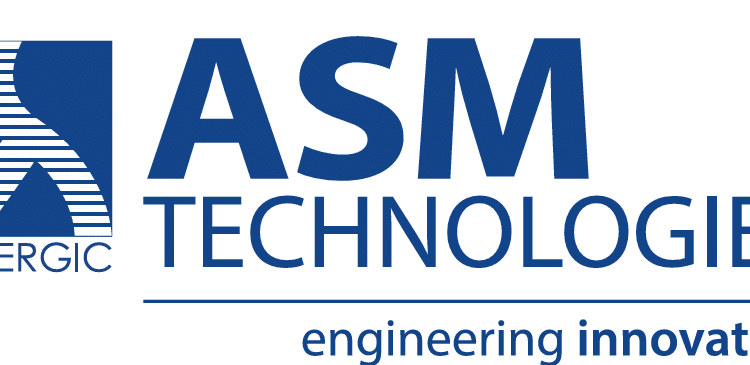Govt PLI scheme fostering domestic manufacturing,
The automotive semiconductor market in India is expected to reach Rs.434.90 billion by 2030, expanding at a compound annual growth rate (CAGR) of ~15.42% during the 2025 – 2030 period, according a ResearchAndMarkets.com report https://iesaonline.org/.
It was valued at Rs.199.95 billion in 2024, said the “Automotive Semiconductor Market in India (2025 – 2030)” report which has been added to ResearchAndMarket.com’s offering since 23 Sept.
Indian automotive semiconductor market is set to experience strong growth between 2025 and 2030, driven by the rapid adoption of electric vehicles (EVs), advanced driver assistance systems (ADAS), and increasing vehicle electrification.
Growing investments in semiconductor manufacturing, coupled with government initiatives to boost domestic production, are further shaping the industry. As the automotive landscape evolves with smart mobility and connectivity solutions, companies that leverage innovation and strategic partnerships will be best positioned to thrive in this competitive and technology-driven market, said the report https://www.bseindia.com/.
India’s automotive semiconductor market is witnessing rapid growth, driven by the adoption of advanced vehicle technologies, rising EV penetration, and increasing demand for high-efficiency power semiconductors. As vehicles integrate more smart features, semiconductor reliance continues to expand, creating significant opportunities https://www.nseindia.com/.
While domestic players compete with global firms like NXP and Infineon, India remains dependent on imports from Taiwan, South Korea, and China. However, government initiatives such as the Production Linked Incentive (PLI) scheme are fostering domestic manufacturing, aiming to enhance self-reliance and global competitiveness.
The rapid advancement of vehicle technology is driving increased demand for automotive semiconductors in India. Stricter safety regulations, such as Bharat NCAP, are encouraging automakers to integrate ADAS features such as adaptive cruise control and automatic emergency braking, boosting the need for LiDAR sensors and radar chips https://www.makeinindia.com/home/.
The growing adoption of connected vehicles and IoT solutions is further accelerating semiconductor demand, with AI-driven infotainment, real-time diagnostics, and V2X communication becoming industry standards. Meanwhile, the expansion of India’s EV market is fuelling demand for high-efficiency power semiconductors, including IGBTs, MOSFETs, and SiC-based chips for improved energy management.
Sustainability is also a key priority, with semiconductor firms and automakers developing ultra-low-power chips to support India’s net-zero emission goals. With initiatives like the FAME II scheme and the Semicon India program promoting domestic manufacturing, India’s semiconductor ecosystem is poised for significant growth in the coming years.
Competitive Landscape: ASM Technologies Limited, MosChip Technologies Limited, RIR Power Electronics Limited, Tata Elxsi Limited, Chiplogic Technologies, EInfochips Inc, Infineon Technologies India Pvt Ltd, Micron Technology, NXP Semiconductors and Qualcomm India Private Limited. Fiinews.com










